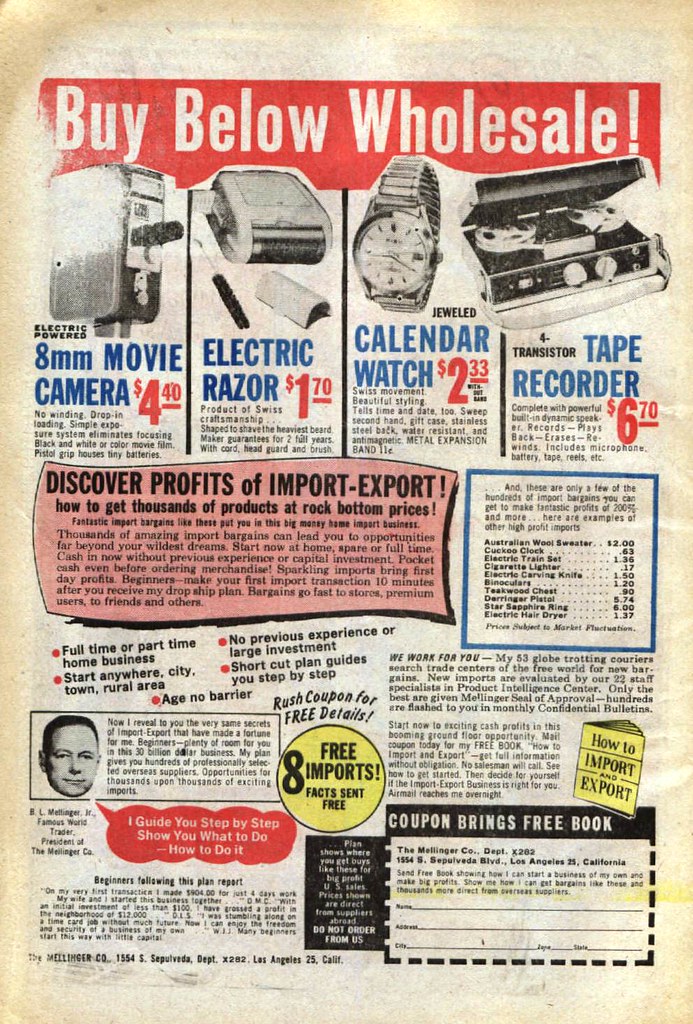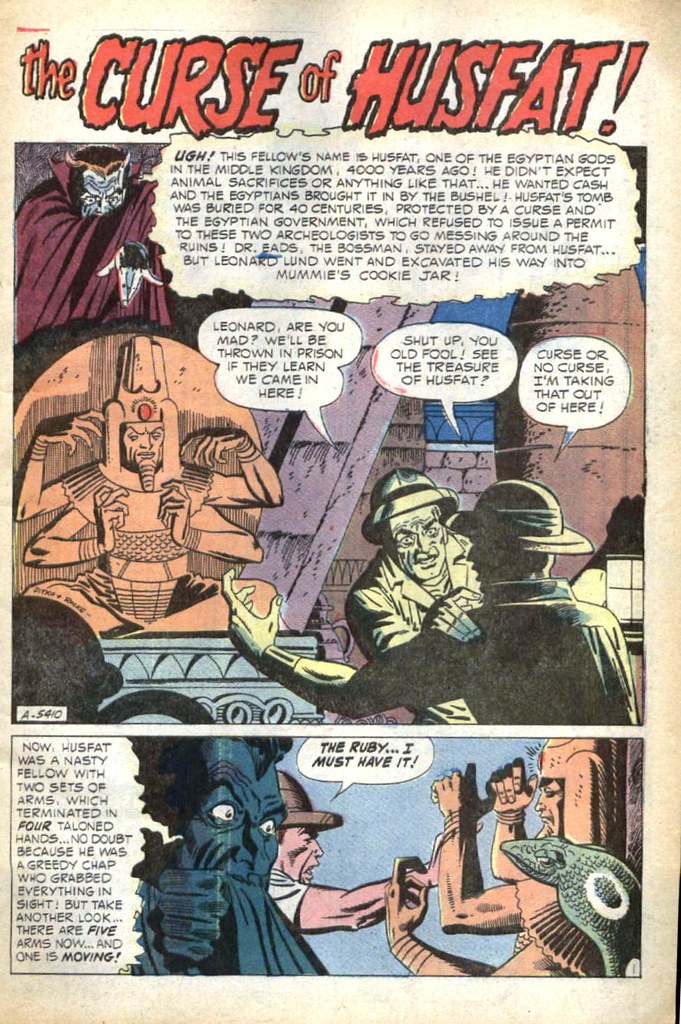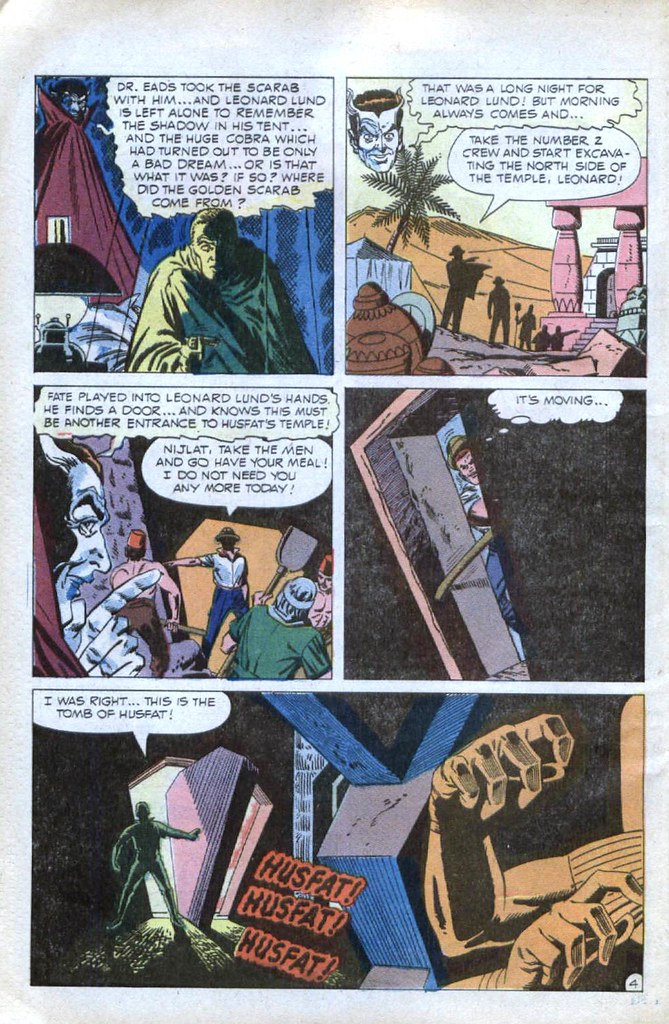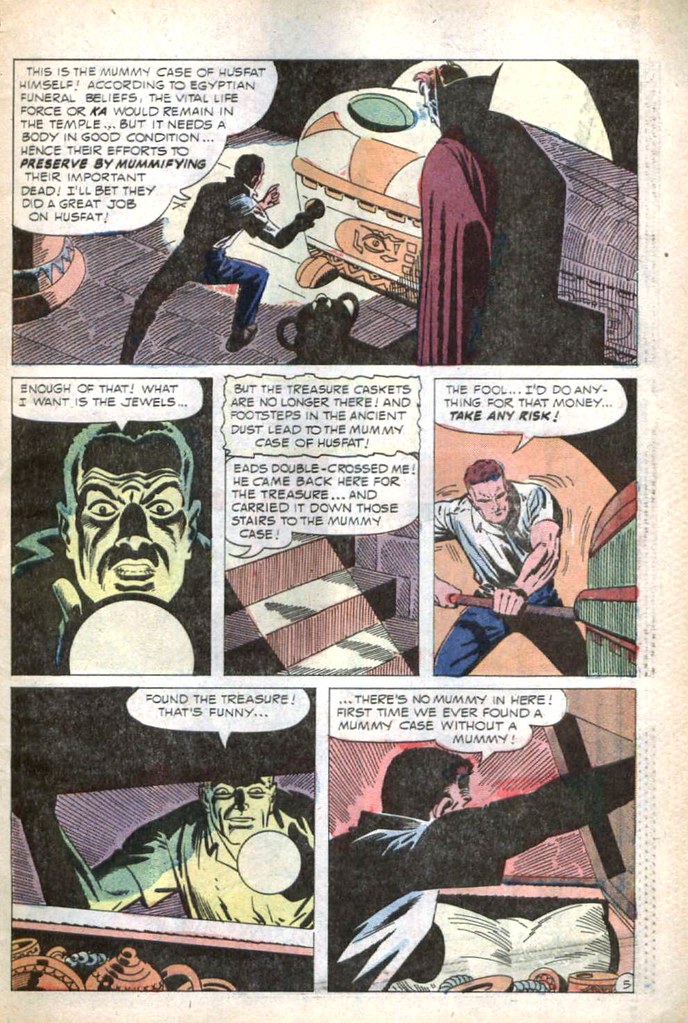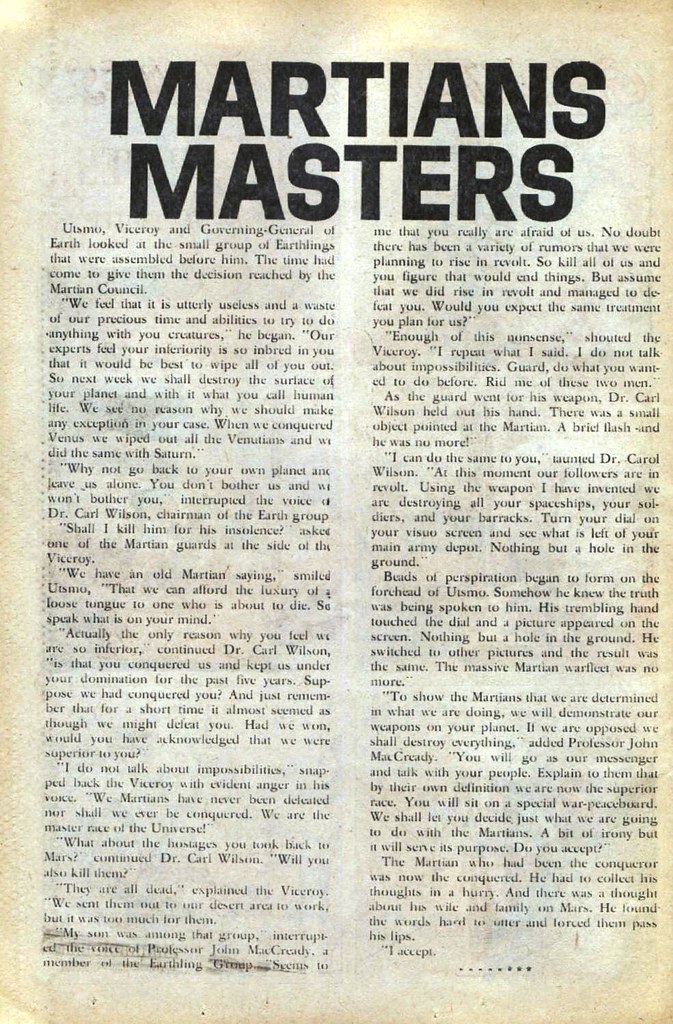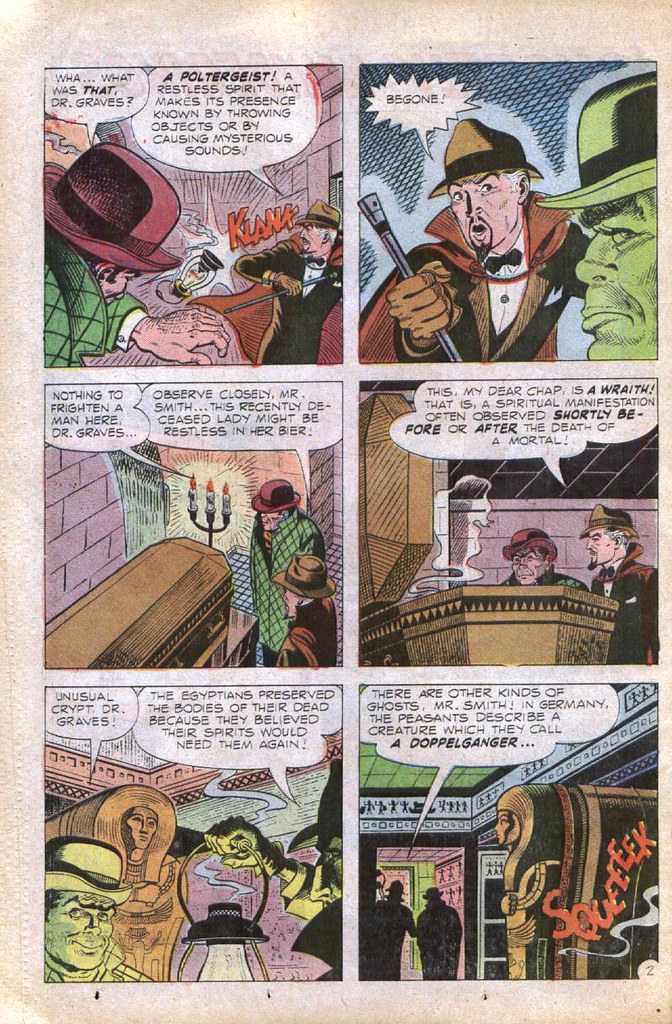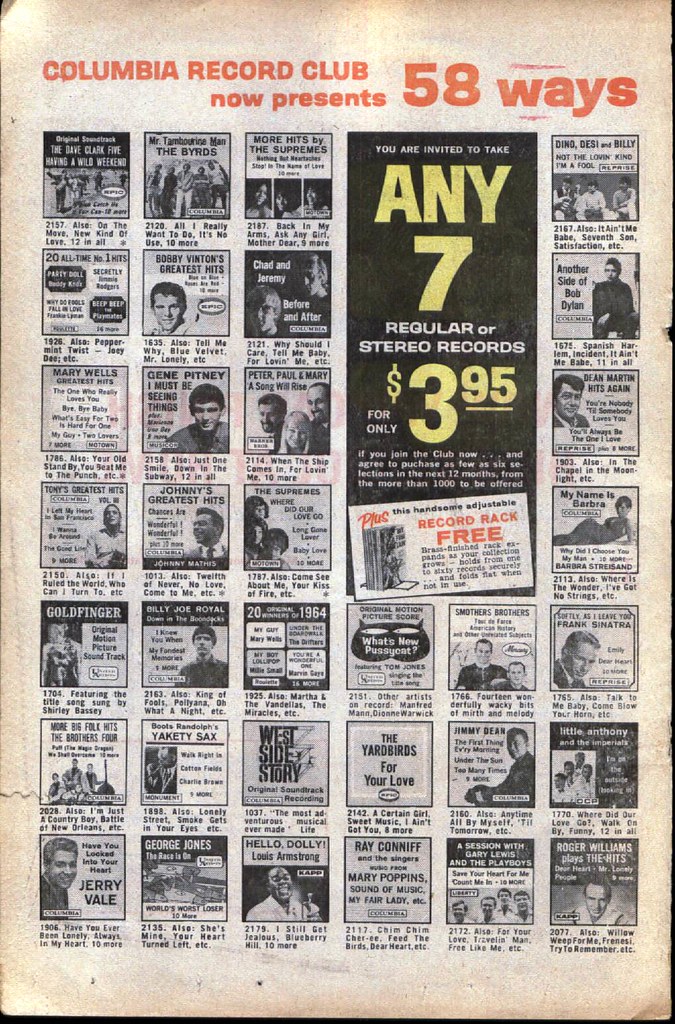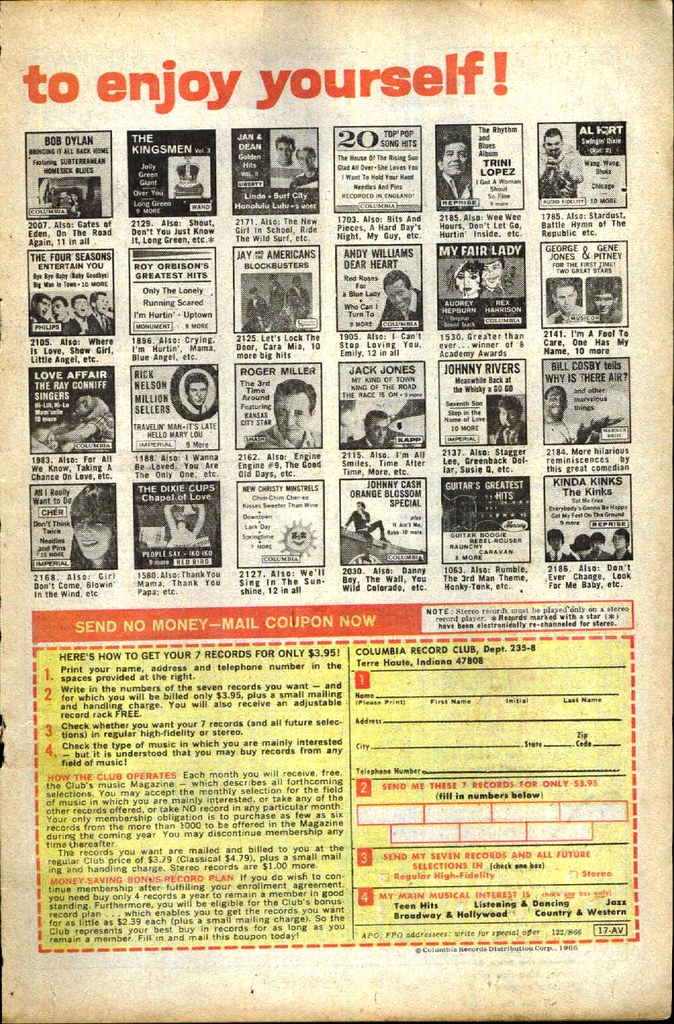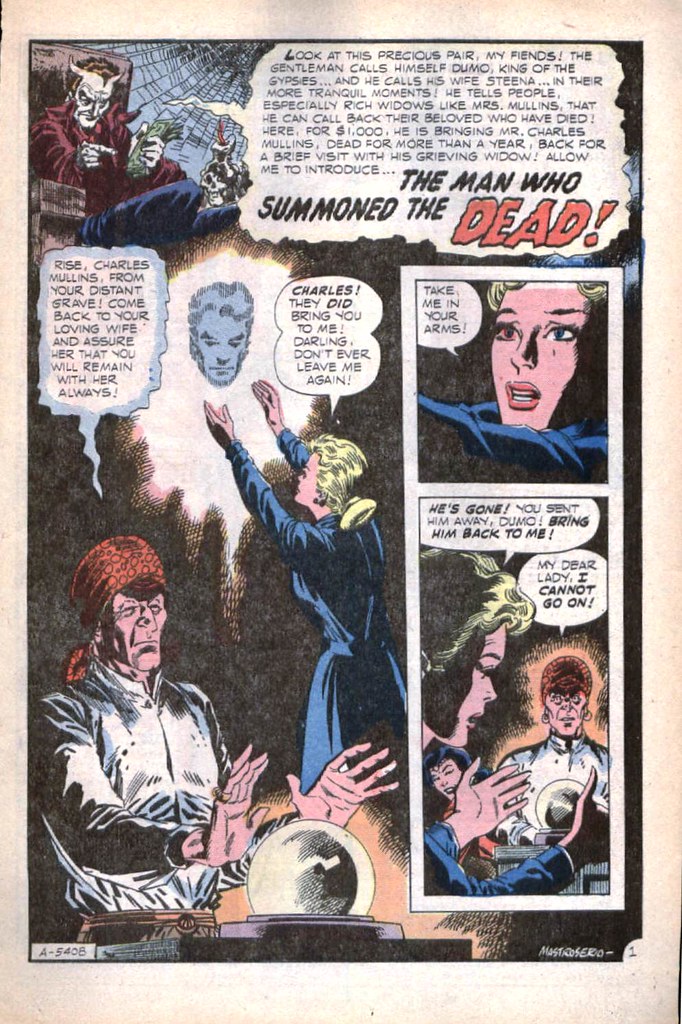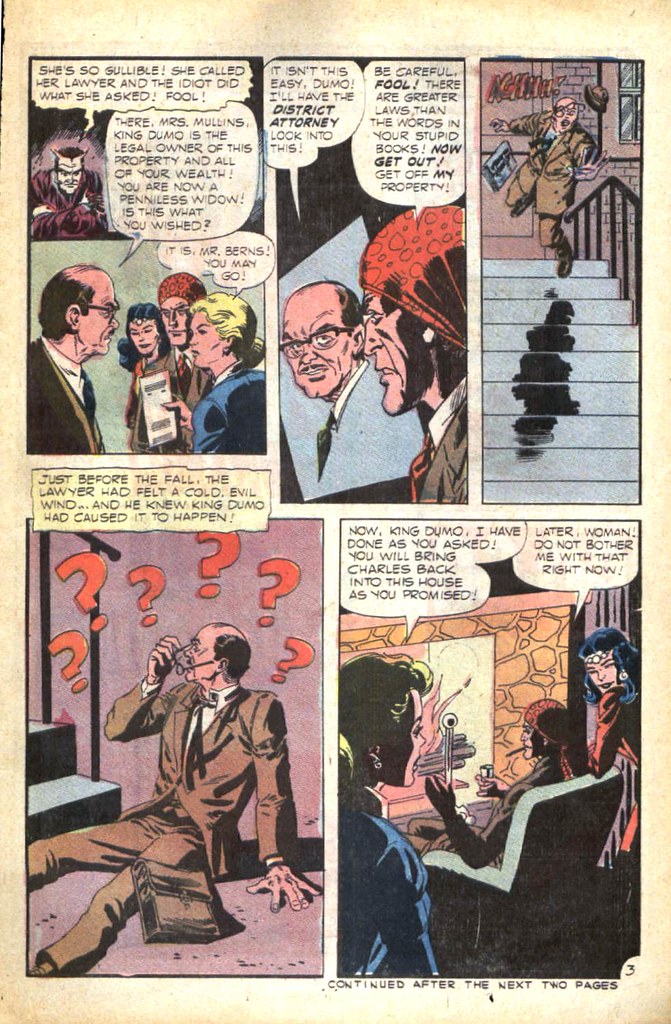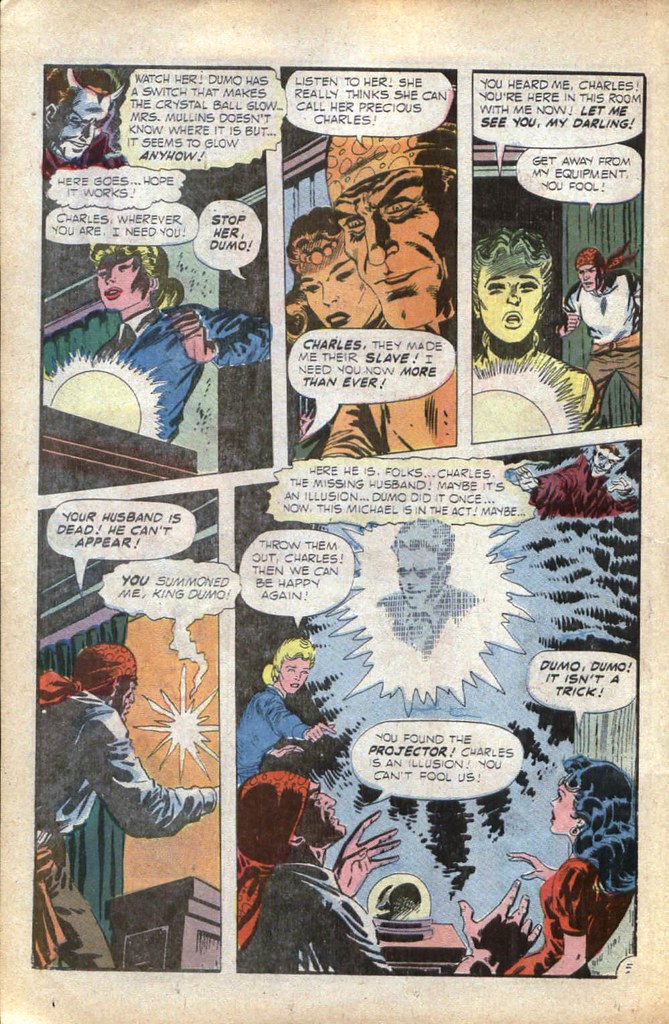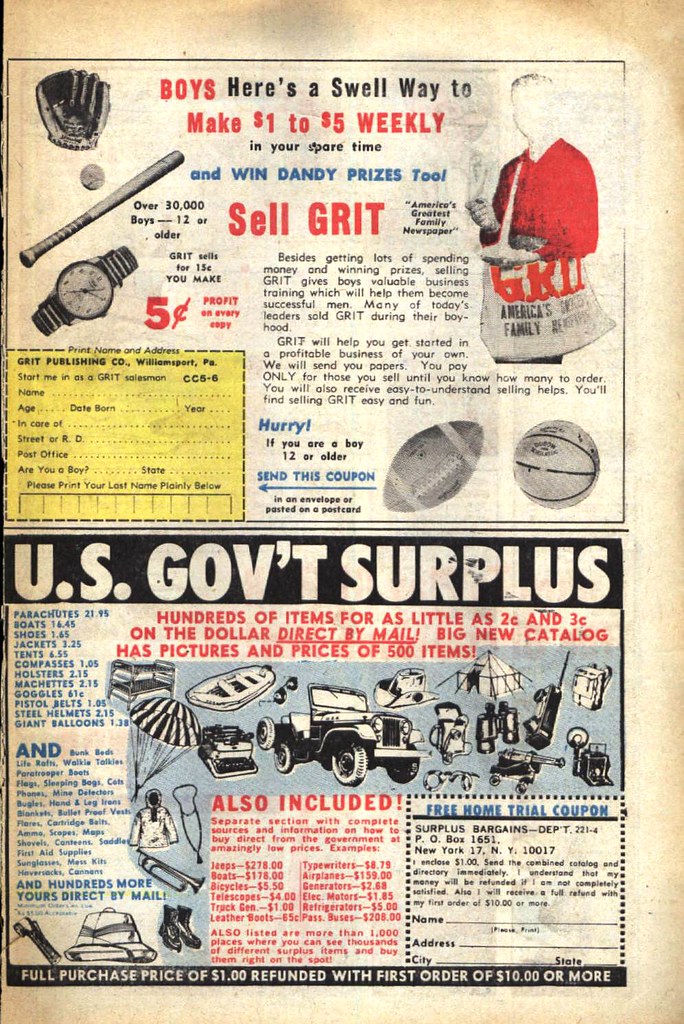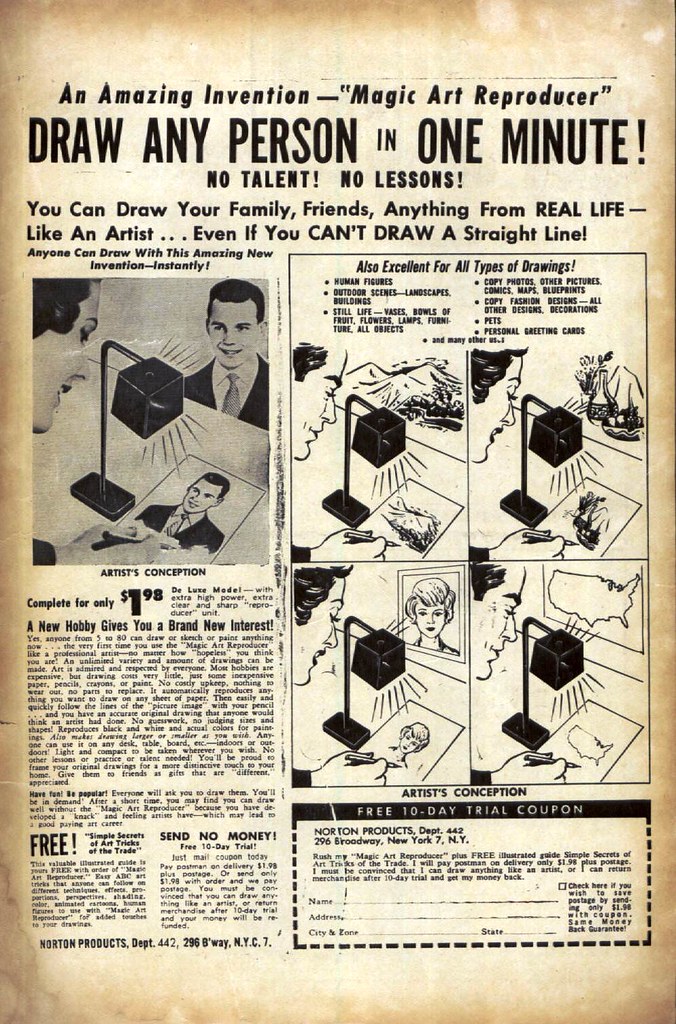 PATRIOT RON PAUL
PATRIOT RON PAUL
Much has been made of the fact that Ron Paul is the choice of the troops, having received more donations from active duty military personnel than all the other GOP candidates combined, as well as Obama.
However, new figures also show that Ron Paul is favored among people who work in the defense sector.
U.S. Federal Election Commission (FEC) contribution records analyzed by
Defense News reveal that Paul received both the most contributions and the largest total amount of cash among Republican candidates from employees of the world’s top 100 defense companies.
A total of $177,413.39 was donated to to Paul’s campaign by defense employees in 2011, with a total of 824 individual contributions, meaning an average of $215.31 per person.
That figure is the highest any GOP candidate received from defense workers at companies such as Boeing, Deloitte and Lockheed Martin.
Although Mitt Romney’s total isn’t far off Paul’s, the figures show that the former Massachusetts Governor received just 198 contributions.
Newt Gingrich and Rick Santorum received just $27,310 and $8,185, respectively from defense workers.
Defense news notes that the results are startling because, unlike the other candidates, Ron Paul has campaigned for a stemming defense spending.
Loren Thompson, chief operating officer at the Lexington Institute believes that the findings speak more to the politics of those working in the defense industry.
“There’s a strong libertarian streak among many in the sector,” he said. “Just because people work in the defense industry, doesn’t mean that they always vote their economic interests.”
The numbers could also indicate that those within the industry feel morally compelled to support the only candidate who advocates a humble foreign policy and a reduction in military activity around the world.
Gary Howard, a spokesman for the Paul campaign, noted:
“Those in the defense community, like other supporters, likely find that Dr. Paul’s common-sense foreign policy and the serious attention he pays to our nation’s number one security threat — our debt — are the most vital issues a presidential candidate must address.”
During his campaign, Paul has been sure to make a firm distinction between his definition of defense spending and military spending. Defense spending, as Paul has explained during the debates, has to do with protecting the country itself and its citizens. Defense spending can be accomplished WITHOUT overseas military spending. They are two different kinds of expense.


























